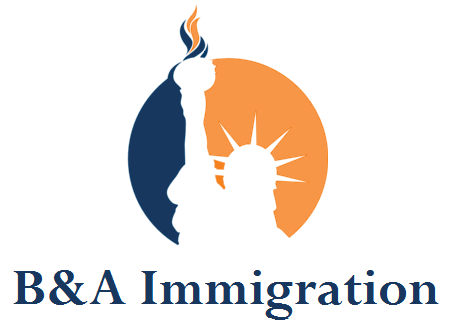Please welcome guest blogger John Gordon of USA Corporate Services Inc. who answered our clients' frequently asked questions about the corporate and logistical sides of setting up a business in the US.
Company formation
What are the main considerations when choosing how to structure a business?
The primary consideration is knowing what you are setting out to do, and where you will be doing it. Will you be doing business in the US, or outside? If in the US, will you need to apply for visas for the owners and/or directors? Do you understand how the federal system works in the US, and when to worry about federal laws and/or state laws? Will you need to set up a bank account in the US? If so, can you get a visa to visit the US to open it? If you can’t get a visa, is there a bank outside the US that can help you set up a USD account?
How does a non-resident generally decide where to open their new business?
If the company will be owned and managed from outside the US, then setting up in Delaware as an LLC is the best option, for price, convenience and simplicity of compliance. If the company will be operating from a location within the US, then setting up a company in the state where the business is located is best, unless:
1.The company will be looking to obtain venture capital funding.
2.The company will be operating across several states.
3.The company is not confident that the first location will work out, or will likely moving to a different state.
In these situations, setting up a company in Delaware, then having it registered to do business in the state where it will start doing business is best.
What types of filings are needed in order to set up a new business?
In general, a company is set up by filing its Articles of Incorporation with the Secretary of State of the chosen state. After the company is formed, it will need to obtain a federal Employer Identification Number, or EIN, in order to open a bank account and conduct business. Each state makes up its own rules for setting up companies, so there are exceptions to these general rules, and the names of formation documents are often different.
Once the basics are taken care of, then there may be more documents to be filed. For example, companies that will be selling to consumers may have to obtain a sales tax certificate from states where they have a presence.
Bank Accounts
May a non-US resident open a corporate bank account without a Social Security Number (SSN)?
Yes, but most banks are reluctant to open such accounts. Non-resident owned companies are considered high-risk, and even if a bank is willing to open an account it may decide to close such an account without notice or reason if their Compliance Department feels that the company has handled its account in a “risky” way. Non-resident owned companies need to be extremely sensitive to how its transactions will be perceived by the bank, or by the US banking authorities.
What should one be looking for in selecting a bank?
A robust online-banking system is a must, but also a willingness to open and maintain accounts for non-resident owned companies. When seeking out a bank, the business owner needs to make absolutely sure that the banker is familiar with the bank’s protocols for such accounts. Since bank representatives are paid to sell their banks’s products, that is what they do: sell products. It is only later find out that they cannot answer key questions from their Compliance Department, and then the account gets closed without notice.
The Process
How long does it generally take to fully open a business in the US?
Since each state handles corporate filings differently, and many offer different filing speeds for different fees (naturally, faster filing costs more), there is no consistent answer across the US. In general, you can get a company filed in one day, if you pay the extra fee. Some states do not have expedited filing, or like California, charge a high fee for faster service, and can take several weeks before filing the incorporation documents.
After formation, it may take several weeks to obtain a tax number for a company whose owners do not have a Social Security Number.
What is the biggest potential issue that you see with non-resident clients who are starting new businesses in the US?
The single biggest-problem is probably under-financing. The US is an expensive country in which to do business, and many companies come here believing that because the US business environment is relatively open, it will be easy and fast to make money. The stumbling block is not realizing that the more open business environment means more competition and less room for error. With sufficient capitalization, the company can afford some mistakes while adapting to the new environment.
The next biggest problem is lack of understanding of the US federal system, with federal laws, state laws, and local laws. There are taxes of all kinds at different levels of government, including franchise taxes, sales taxes, income taxes… As a company grows it may also have to learn what to do when you trigger having to register to do business in different states.
Another issue that we have encountered from clients from very different countries is understanding the practical meaning of the US cultural belief in “individual responsibility.” In practice, this means that although you may hire an attorney to handle your legal matters, and an accountant to handle tax and financial matters, a company’s management is held responsible for its actions, and cannot say that “we didn’t know because that was being handled by our attorney/accountant/consultant.”
To speak to an experienced US Immigration Lawyer about starting a business in the US, please email info@baimmigrationlaw.com or call us on +44 (0)203 102 7966
